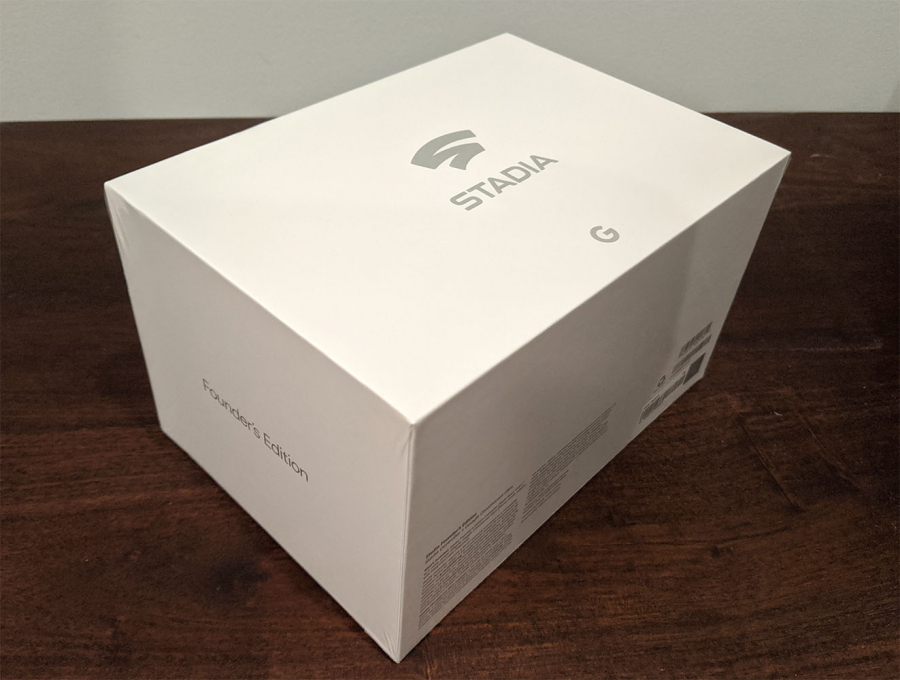Google
Likened to being 'the Netflix

The service initially announced with 31 streamable titles and recently added several dozen more, including titles from popular developers like Ubisoft, Rockstar Games
Google itself is decades behind is the gaming industry, which is dominated by giants such as Microsoft

When asked to comment on Google's entry to the industry, Kareem Choudhry, corporate VP of Microsoft's Project xCloud, stated that his company's long history of building content, community, and cloud infrastructure will lead them to success with the launch of their streaming platform. "Any company that doesn't have history in any one of those pillars," Choudhry added, "they have a lot of catching up to do."
But Google did not join the market lightly. Stadia's entrance acknowledged a large demographic that many other gaming companies overlook: women. According to a study from the Entertainment Software Association, women make up 46% of gamers in the United States. Google's Stadia team took care to address to this large chunk of consumers by designing a controller that would have broad appeal across users.
To do this, Google hosted polls and studied how gamers played. Google's director of design Isabella Olsson stated in an interview that the production team "put out rigs of cameras and films roughly 6,000 hours of gaming time to observe how people were holding different controllers." Olsson's team went through "hundreds of prototypes" in a process where they focused on other ergonomic tools to find a design that offered the user their choice of grip and orientation. Google's industrial designer Jason Pi stated that the controller was "made for small and large hands" so that it would be comfortable for the hours of use most gamers deploy.
Google's controller design research did not end at how it would fit in the users hands, but catered to the consumers' eyes as well. The three colors offered for the Stadia controller, a choice of 'Clearly White', 'Just Black', and 'Wasabi, were intently chosen to be gender neutral. The third color, 'Wasabi', was chosen based on what Olsson called "universal appeal" from the thousands of gamers polled by Google.
Cloud streaming games may be the future, especially in markets such as China where console gaming was banned from 2000 to 2015, making the market more geared towards tablet, mobile, and PC gaming. Offering games on the cloud also has the power to change the way consumers pay for games, with services potentially in the future offering free the stream play, a flat monthly fee to play, bundled prices, or some combination of all three. With Google introducing the industry to a solely internet reliant gaming access, only time will tell where the market is headed.
- https://store.google.com/product/stadia_games
- https://www.theverge.com/2019/11/18/20970297/google-stadia-review-gaming-streaming-cloud-price-specs-features-chrome-pixel
- https://www.popsci.com/google-stadia-game-controller-design-prototypes/
- https://www.theesa.com/esa-research/2019-essential-facts-about-the-computer-and-video-game-industry/














